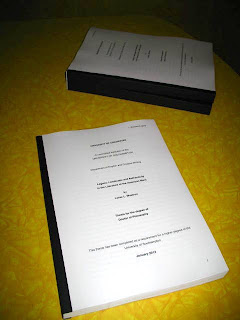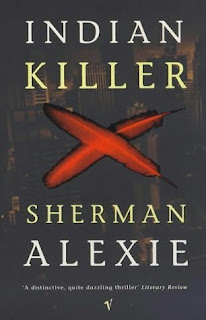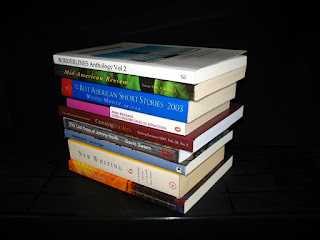Completion of PhD with Excuses and Explanations

The Lewis-Clark Valley After submitting my novel and thesis for examination in February, sitting my viva in April, and resubmitting my work with minor corrections in May I returned to the States in the summer to travel through the Pacific Northwest - land of my birth - and reconnect with my home. Much of the work I did in my thesis involves an exploration into my own identity and the emotional links I still have with my homeland - not, I want to stress, with America but with Idaho - so after a four-year absence it was a particularly meaningful homecoming for me. With an almost constant focus on the land, people and history of Idaho I had come to wonder if the attachments and the homesickness I felt had simply been fabricated during the intensity of the PhD. After all, I've happily lived in the UK for the past twenty-six years: more than half my life. I have a home here; I have a husband here; I have a life here. This place, too, is my home . ...











